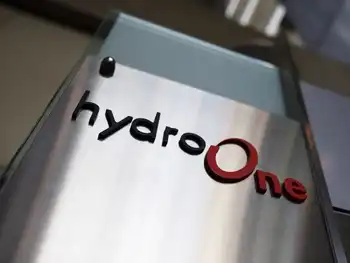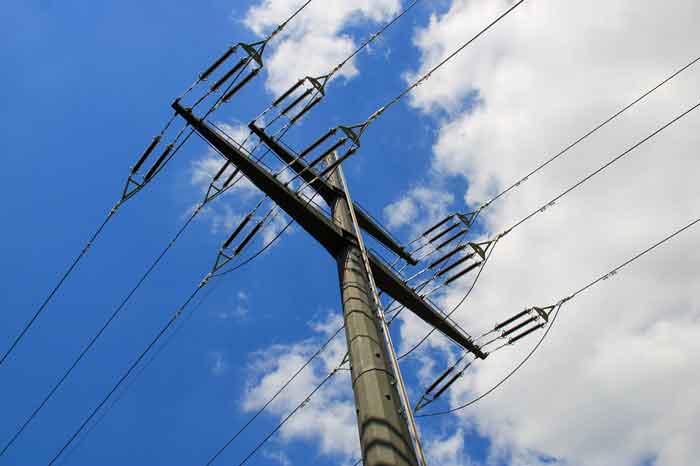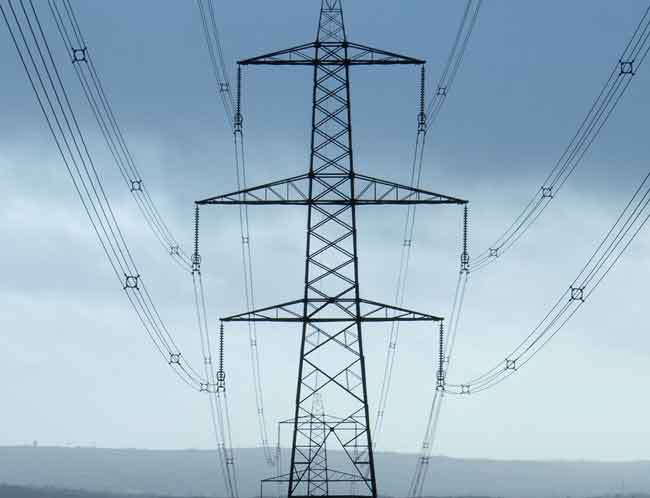Energy audits a waste of energy
By National Post
NFPA 70e Training - Arc Flash
Our customized live online or in‑person group training can be delivered to your staff at your location.

- Live Online
- 6 hours Instructor-led
- Group Training Available
So much the better, some may say.
The legislation does not actually specify that an independent audit is required. That intention was announced by the government, and would have to be spelled out in regulations. The legislation actually specifies that sellers must provide “information, reports or ratings” on “energy consumption and efficiency.” The government says the audits should cost about $300. However, a province-wide audit infrastructure does not yet exist so the market price for audits once they are in demand is yet to be determined.
There are certainly positive aspects to mandatory audits. Everyone who buys a home will get some information on the energy efficiency of the home (property) they are buying. It will increase consumersÂ’ awareness about this aspect of real estate. And it will incent some potential sellers to take steps to improve the energy efficiency of their properties.
However, forcing energy audits on sellers is both inefficient and problematic.
Firstly, not all purchasers will want or make us of this service, regardless of whether or not some think they should have it. The intent of the legislation is to provide value to purchasers. However, energy efficiency may not be a priority for the purchaser, because they are interested in the property for other reasons. Therefore, the expense will be wasted in many circumstances, making it inefficient.
A second problem is that the scheme will create a considerable amount of energy consumption. There are about 460,000 real estate transactions in Ontario every year. Most audits will require a return truck or van trip by auditors to each property, consuming energy. The infrastructure of a bourgeoning home audit industry will also generate significant energy consumption.
A third problem is that many homes (properties) do not really need an audit. If they are relatively new homes, they will have had to meet building code standards for energy efficiency, making the information provided of little use to the buyer. Another example is condominiums, where neither buyer nor seller has much control over the energy efficiency of the condominium unit. In condominiums, the main parts of the infrastructure that determine energy efficiency are controlled by the condominium corporation, not the unit owner.
Another problem is that information from a standardized system like this often does not provide customers with the information they are interested in, or in a format that meets their needs.
Adding to the last problem, the audit will be paid for by the seller, not the buyer, making the seller the client. This introduces moral hazard into the system, where sellers look for auditors who provide favourable audits, and find auditors willing to comply. The legislation does not indicate whether or not there will be standards for, or policing of energy auditors.
A final key problem is that the new cost associated with the energy audits must come at the expense of something else. In the language of economists this is the “opportunity cost.” The money spent on the audit may come out of capital expenditures on energy efficiency, which already have a high priority with Ontarians. Or it may come out of other important priorities, such as improving the building’s health and safety. The point is that it is not a free new benefit. It comes at the expense of something else. Given that it does so inefficiently, it is not a great idea.
In this age of growing consumer awareness and interest in energy conservation, a mandatory audit approach is not necessary. The most efficient option is to let those who value energy audits to pay to have them done. The consumer is the best one to judge when such audits will have value, what specific information they need, and in what format.
Given that so many purchasers these days already have independent inspections done before buying, it is clear that consumers are not shy about paying to get the information they value prior to making an important purchasing decision. In fact, purchasers can easily ask their home inspector to opine on energy efficiency, without necessitating a second inspection.











